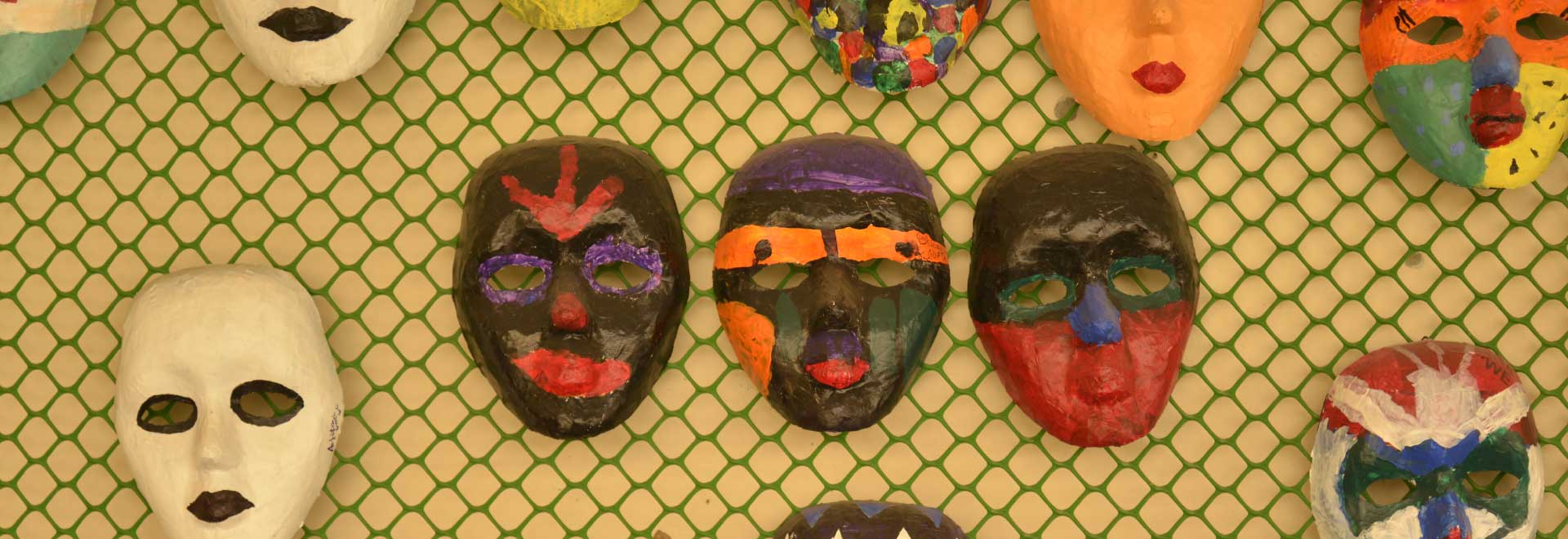
Our Community
- Home
- Our Community
- Blog
Our Community
Pathways School Noida
Blog
Back-
Blog Apr 25, 2025 How the Disadvantages of IGCSE in India Could Impact Your Child's EducationMay 14
The IGCSE, or International General Certificate of Secondary Education, has become quite popular with city-based Indian families who are looking for a globally acknowledged education. However, it’s crucial to understand the potential disadvantages of IGCSE in India before enrolling your child. These disadvantages might greatly impact their learning path and future opportunities inside the country.
Higher Costs and Financial Burden
A major drawback of studying under the Cambridge board in India is that it needs a lot of money. IGCSE schools usually ask for high fees, much more than CBSE or ICSE schools do. Beyond tuition, parents often bear high costs for textbooks, exam fees, and supplementary materials.
Limited Recognition for Higher Education in India
Maybe the biggest worries about IGCSE for Indian students are the problems they could encounter when trying to get into Indian universities. A lot of respected institutions and courses in India, especially those in medicine and engineering, are made with national boards considered. Students from IGCSE often have a need to attend extra bridge courses or take entrance exams to be eligible.
Cultural Disconnect and Contextual Gaps
IGCSE board also has drawbacks when it comes to cultural relevance. The syllabus is made with a worldwide view and frequently doesn't include enough Indian context, history and culture understanding. This lack can unintentionally make students feel removed from their own cultural heritage and create missing parts in their knowledge of Indian society, politics and history which could be harmful in the future.
Challenging Transition Between Educational Systems
When your child needs to change later on to an Indian board, the drawbacks of IGCSE in India become very noticeable. The shift between educational thinking can be startling. The way IGCSE teaches is very different from many Indian boards as it focuses more on application-based learning while many here emphasize a lot on memorization which might cause problems in studies during important school years.
Limited Teacher Expertise and Resources
To find teachers with special skills in the IGCSE curriculum is still difficult in India. Many drawbacks of studying under Cambridge board here come from the fact that this system has been introduced recently. Because of this, there are not enough experienced educators who can completely grasp its details and ways to teach it properly.
Examination Stress and Schedule Conflicts
The IGCSE has some drawbacks, one of which is the exam timetable that does not match with the Indian school calendar. This mismatch may create problems with national entrance exams and college admission schedules in India. As a result, students who are studying under IGCSE might face difficulties when they compete for such opportunities.
Language Challenges for Non-English Proficient Students
IGCSE puts a lot of importance on English proficiency which can create big problems for students who don't speak English as their first language. If these students don't get enough help with the language, they might find it hard to understand and express themselves. This could impact their overall school results even if they know the subjects well.
Weighing the Implications
Even though the IGCSE curriculum provides global exposure and some benefits, its downsides in India cannot be ignored. Parents need to thoughtfully weigh these difficulties against their child's unique needs, talents and future goals. The drawbacks of studying under the Cambridge board in India might exceed the advantages for students who intend to continue higher education within the country. This is especially true in specialized areas with strict entrance criteria.
Before taking this important educational choice, consider if your family is able to handle these drawbacks of the IGCSE board by using extra support and resources. This will make sure that your child gets a complete education which prepares them for succ internationally as well as in India
-

Drop us your details for a quick response.
Get In Touch
Copyright 2025 © Pathways School Noida. All rights reserved.
Managed By: Dezine N Digital















Get in Touch